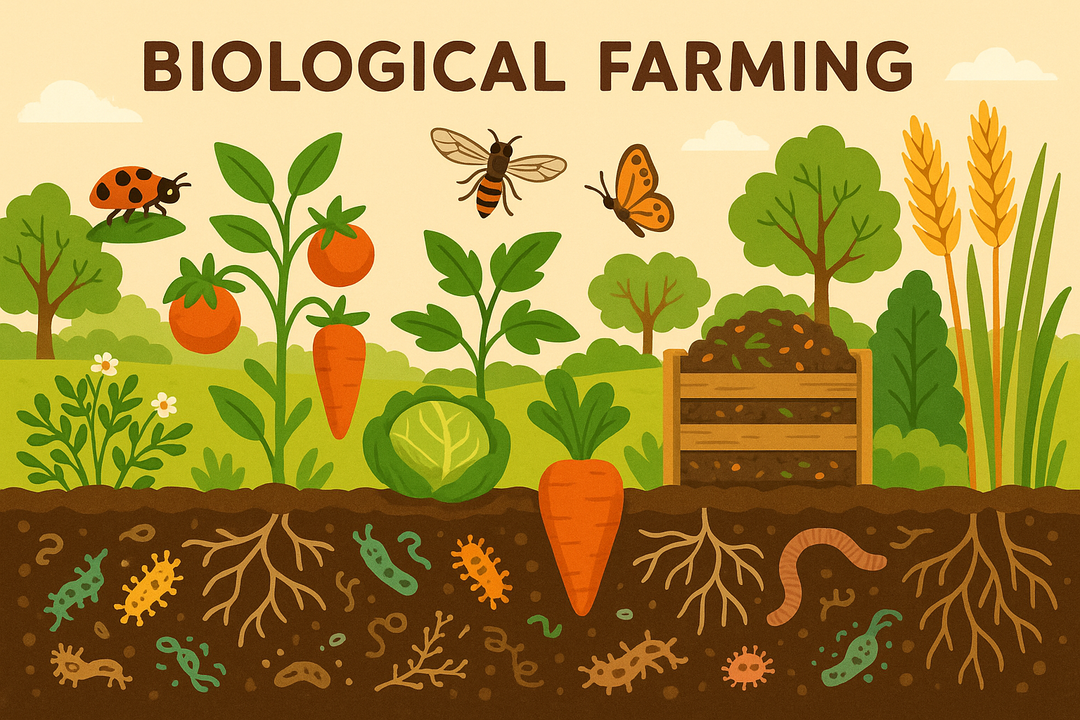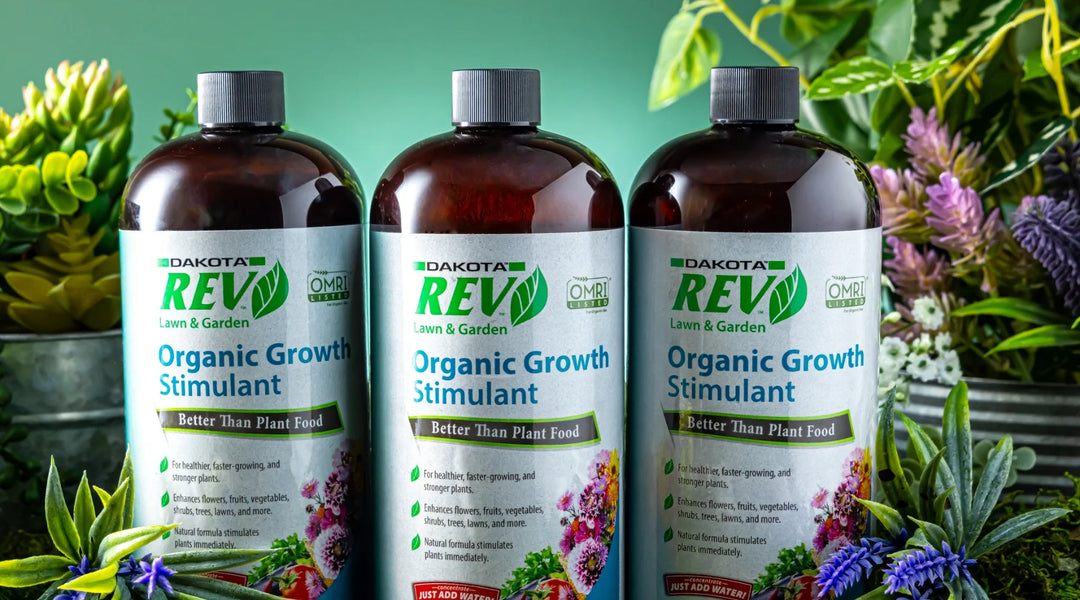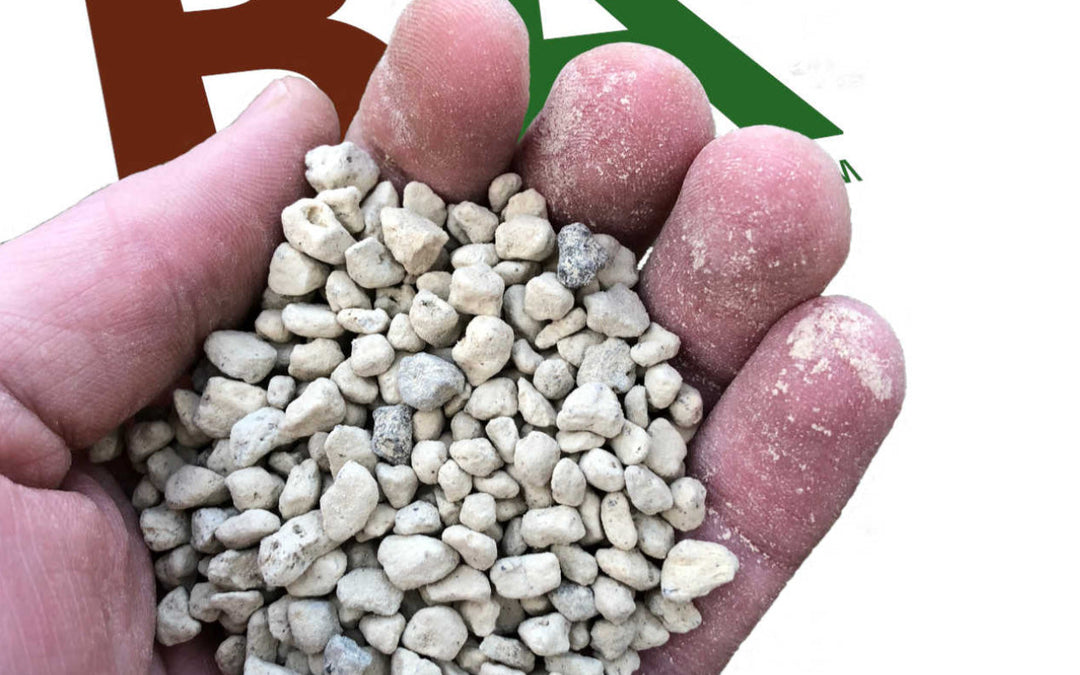Microgreens: Everything You Need to Know About Sprouting Seeds
Do you remember Chia Pets? If you were a fan of growing the lush green creatures, you might enjoy growing organic sprouting seeds again! But what are sprouting seeds? How do seeds sprout, and what are the best seeds to grow? Is it hard to grow greens for your salads and sandwiches at home? Thankfully, we’re here to answer these questions and more!
What Are Sprouting Seeds?
Let’s go back to our Chia Pet example. Sprouting seeds are seeds that have begun the germination process. Although it sounds complicated, organic sprout seeds are a great do-it-yourself project for anyone who wants to incorporate more nutritious foods into their diets, save money on organic sprout seeds, or try their luck at growing a tiny garden in their kitchen.
What Kind of Seeds Can I Sprout?
This is where growing your own organic sprout seeds gets exciting. At the grocery store, you’re limited to the types of greens and sprouts they offer and are forced to accept whatever pest control methods they might have used. Growing your own microgreen seeds means you can select your favorite organic sprout seeds and go crazy.
5 Categories of Organic Sprout Seeds That You Can Grow:
- Beans
- Grains
- Legumes
- Nuts
- Seeds

Across these categories, you can try dozens – if not more – of different varieties. Here are some of the different types of sprouting and microgreen seeds you can grow at home:
- Alfalfa
- Arugula
- Beets
- Broccoli
- Cress
- Fenugreek
- Green peas
- Kale
- Lentils
- Mung beans
- Radishes
- Red clover
- Spelt berries
Why Should I Grow My Own Sprouts?
Some people ask why you should bother growing your sprouting seeds when you can just as easily buy them from the store. In addition to the increased variety and control over gardening methods, there are many reasons why growing your own organic sprout seeds at home is better than store-bought varieties, including:
Cost: A package of sprouts at the grocery store can cost several dollars. Buying a bag of seeds to sprout at home will save you lots of money in the long run, especially if you like to incorporate sprouts into many different meals.
Speed: Sprouting seeds isn’t like growing other vegetables. While it can take months, and sometimes even years, to grow things like corn or asparagus in soil, you can enjoy homegrown sprouts in less than a week in most cases.
Access: You don’t have to worry about sprouts being in stock or what time of year it is for growing sprouts at home. Growing sprouting seeds inside means that you can enjoy them no matter the weather, temperature, or the health of your soil.
Quality: Outside of any chemicals that companies or large farms may use, growing your own sprouts or microgreen seeds means that you have complete control over every aspect of the process. For example, you can decide what fertilizer you use, avoid bugs, and prevent outbreaks of diseases that impact distributors.

Freshness: The longer the length of time between when organic sprout seeds are picked and when they’re eaten, the more nutrients are lost. Growing your own sprouts means that you can eat them within minutes of when they’re picked.
Space and portability: Unlike traditional gardens, sprouting seeds don’t take up much space at all and can be moved around if necessary. Growing your own sprouts means that you can take them on vacation with you, move them around in your kitchen, or put them in a different room if you need extra space.
Family involvement: Growing organic sprout seeds means that everyone can get involved in the process. If you have children who are in school and need a good science experiment, seeing which seed grows fastest and under which conditions is a great way to get a good grade in your class and in your nutrition.
How to Sprout Seeds

There are multiple ways you can start growing your own organic sprouting seeds at home. These methods range in simplicity from the Mason jar method to automatic sprouting machines and sprouting kits you can buy online. Depending on how involved you want to get in the process of organic sprout seeds or how much money you want to invest, you can really be as basic or advanced as you choose.
3 Easy Ways to Grow Organic Sprout Seeds:
- Sprouting seeds in a Mason jar
- Using an automatic sprouter
- Sprouting kits
Growing Organic Sprout Seeds in a Mason Jar
Using a Mason jar or other container you have at home is an excellent way to see if sprouting is something you enjoy. Wash and dry a container such as an old jam jar, pickle jar, or plastic salad container. Pick something that is easily drained.
Add one or two tablespoons of your desired organic sprout seeds to the container, and then fill it with water. Although you may be tempted to add more seeds, don’t. Organic sprout seeds drastically expand in size, and you want to leave them the room they need to grow. Soak your seeds for at least eight hours or up to 24 hours for beans or larger seeds.
After the organic sprout seeds have soaked, drain the water, doing your best to avoid losing any seeds. We’ve found that cheesecloth, muslin, or another large-weave fabric works best for this. Depending on the type of seed and the instructions, you’ll need to rinse and drain your seeds twice a day for up to a week or until they’re ready to be eaten. Some organic sprout seeds require light, while others need more frequent rinsing.
A great addition to the Mason jar process is a sprouting lid. These attachments make it easier to rinse and drain your organic sprout seeds without needing any fabric. The mesh lid is a must-have for anyone who wants to grow their sprouts. This sprout lid fits quart and half-gallon wide-mouth Mason jars and is made with BPA-free plastic that is durable and won’t rust.
How to Use an Automatic Sprouter
If you want to invest in a more complex method of growing organic sprouting seeds that doesn't require you to rinse them, an automatic seed sprouter is an excellent choice. These machines are incredibly easy to use. You fill the machine’s reservoir with water, add your choice of seeds, plug it in, and then forget it. Within five to eight days, you can enjoy delicious and nutritious seed sprouts.
Automatic Sprouters use a timed system to rinse your organic sprout seeds on schedule throughout the day, keeping track of when and how much water has been used so you don’t have to. These organic sprout seed systems make great gifts for plant or nutrition lovers in your life, too.
What is a Sprouting Kit?
The method that sits in between the Mason jar and an automatic sprouter is a sprouting kit. Once you’ve decided that you enjoy growing and eating your own organic sprouting seeds, upgrading your operation to a sprouting kit is an excellent way to maximize your space while growing more sprouts.
Sprouting kits come with stackable trays that stack on top of one another. Each tray has holes or other drainage spaces in the bottom to allow water to pass through. Organic sprout seeds are placed in the tray, and then water is run through the top. Instead of worrying about draining as you would for the jar method, the holes allow you to water each tray at once, and then the water is collected in the bottom reservoir to be discarded or used for watering other plants.
Sprouting seed kits are great for people who want to grow multiple types of seeds or for separating different stages of growth. Since seeds only last for two to three days once they’re fully sprouted, keeping a rotation in play allows you to have fresh sprouts on hand whenever you want them.
What’s the Difference Between Micro Greens and Microgreens?
Although the two phrases are nearly identical, there is a distinct difference between micro greens and microgreens. When you also add baby greens and sprouts to the mix, it further complicates things.
The first stage of growth for microgreen seeds is sprouting. Sprouts are germinated seeds that contain the root, stem, and sometimes the seed itself. They don’t require light to grow and tend to have a mild flavor that provides color and texture to things like salads, stir-fry, and sandwiches.
Microgreen seeds are vegetables that are harvested as the leaves begin to grow. This stage of growth is after sprouting but before they become baby greens. Microgreens are very nutrient-dense and full of flavor and come in a wide variety of textures, colors, and leaf and stem shapes. The most common forms of microgreens are broccoli, kale, and red cabbage, but you can grow nearly any vegetable, grain, legume, or herb and harvest it at the microgreen growing stage.
The closest comparison for micro greens – separated into two words – is baby greens. You’ve probably seen these vegetables advertised in the grocery store as spring mix, baby kale, and baby spinach. These varieties of vegetables are harvested at a more delicate time than their fully grown counterparts while still adding a boost of nutritional value.
Best Microgreen Seeds for Different Foods
There are two main options when it comes to buying microgreen seeds. You can choose a mix or blend of seed types, or you can grow singular varieties. Here are some of our favorite styles:
Salad mix:
This mix of organic sprouting seeds offers the perfect combination of flavors and textures to transform salads and sandwiches. The mix contains non-GMO and organic microgreen seeds from alfalfa, radish, broccoli, green lentil seeds, and mung beans.
The radish and green lentil seeds add a touch of spice, while the alfalfa and broccoli add a milder balance to the flavor profile. Broccoli microgreen seeds are also a great source of sulforaphane, a nutrient found to help combat free radicals and alleviate symptoms of chronic inflammation.
Protein mix:
Microgreen seeds and sprouts contain high levels of potassium, iron, fiber, and other essential vitamins and minerals, and this blend of four different seeds is a quick and easy way to boost your health while enjoying homegrown foods. Our protein mix of microgreen seeds contains organic garbanzo beans, adzuki beans, mung beans, and green peas. This blend packs more than 100 grams of protein in each cup!
In addition to blends and mixes, you’ll also find sprouts on their own. Our most popular varieties are alfalfa, mung bean, and broccoli. Each pouch is resealable, organic, and non-GMO, so you can add a healthy dose of greens to your diet or try your hand at at-home gardening in a way that is easy and nutritious.
How Long Do Microgreen Seeds Last?
One of the biggest benefits of growing your own microgreen seeds is that you are in complete control. After opening, a sealed pouch of organic sprouting seeds will last several months as long as they are kept in the right environment. Once sprouted and harvested, microgreen seeds should be kept sealed in a container in the refrigerator. If stored appropriately, your sprouting seeds should last up to three days.
Where to Buy Microgreen Seeds and Sprouting Seeds?
Growing your own quality microgreen seeds starts with finding the right supplier. Rocky Mountain BioAg® was founded in 2008 with a focus on solving environmental challenges, building living organic soil, and supporting environmental growth and development in a way that’s sustainable and safe. We’ve done extensive testing and research to ensure that every single product we offer is the highest quality possible, whether you’re a soccer mom looking to try your hand at organic container gardening or a large municipal airport in need of eco-friendly ice melt products.
Rocky Mountain BioAg® has everything you need to get started with growing your own microgreen seeds at home. From Mason jar lids for draining sprouting seeds and stacking trays for growing microgreens to organic sprout seed blends, you’ll find the products and supplies you need for success with Rocky Mountain BioAg®.












Leave a comment